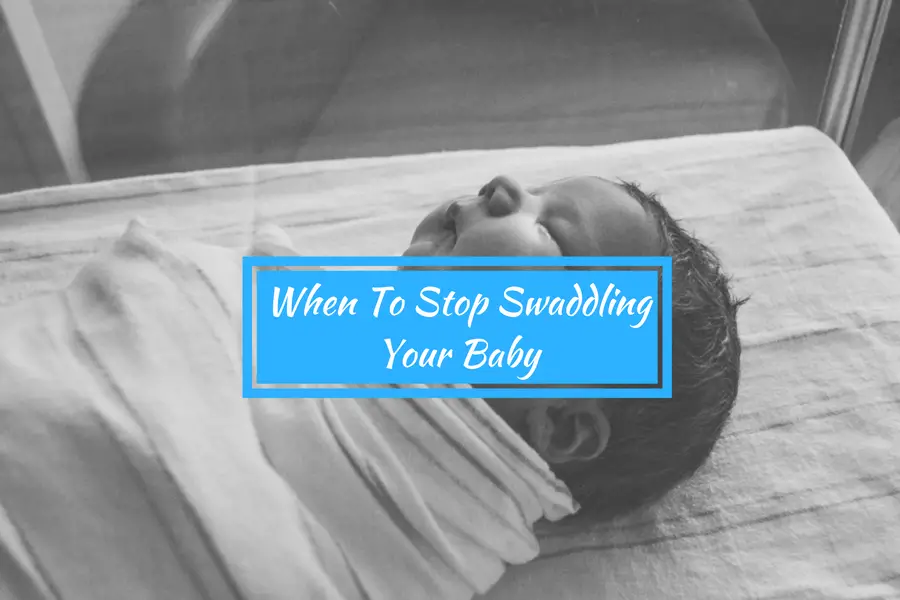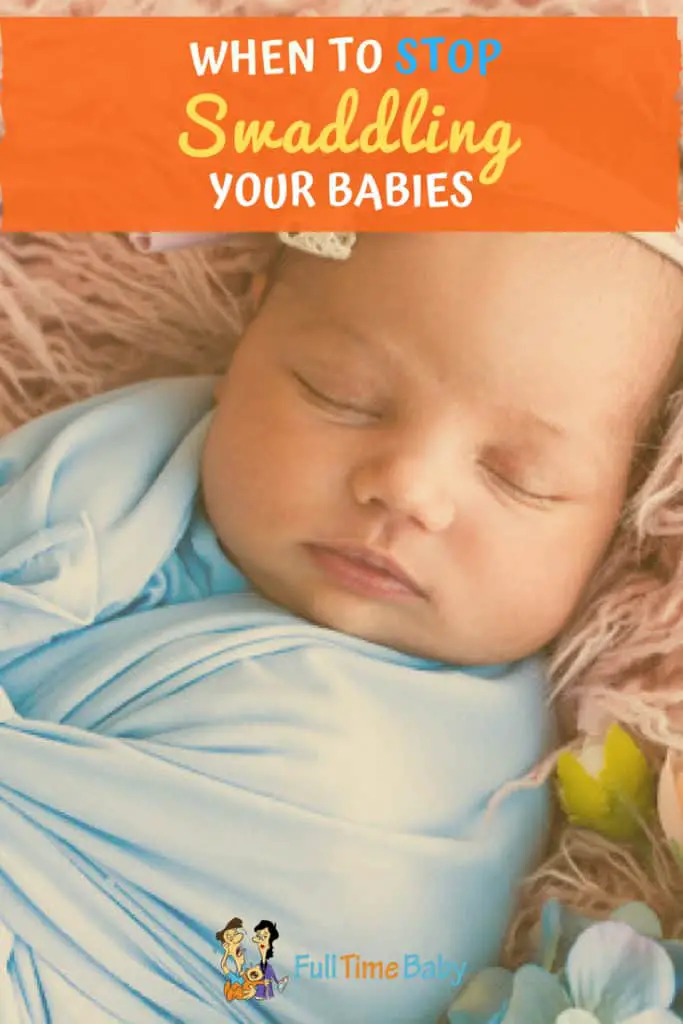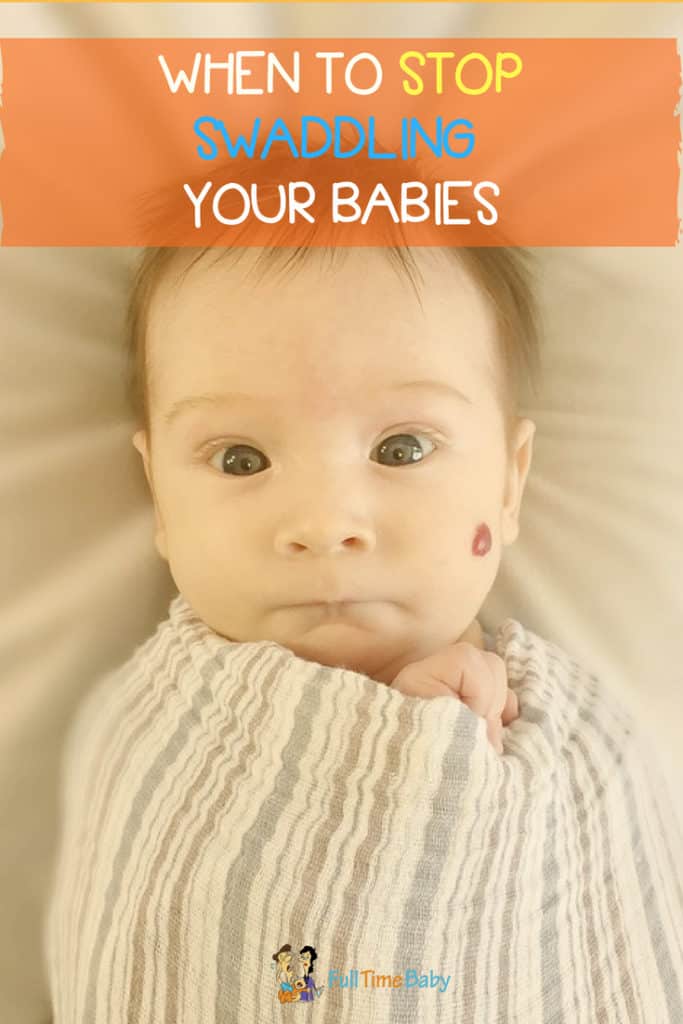The practice of swaddling babies has been around for thousands of years. Families from all sorts of backgrounds and nationalities swaddled their children with blankets. The practice is especially common in the US. Around 90% North American babies are swaddled. The reasons behind swaddling have changed over the years. Originally it was believed that swaddling your child would help their limbs to grow straight.
It was later thought that by swaddling a child it would protect them from getting in harm’s way as well as keeping them nice and warm. It was advised to the baby should be layered up in many warm blankets and clothes. Of course, most parents and healthcare professionals would now recoil at the idea of keeping a baby bundled up as warm as possible. It is now known that in order to prevent cases of SIDS it is best to keep babies in rooms of around 16 to 20 degrees C (60 to 68 degrees Fahrenheit).
Why You Should Swaddle Your Baby
There are a number of reasons why swaddling your baby can be a good idea.
It can help needy babies to sleep. For babies who struggle to sleep when they’re not being held swaddling offers a stepping stone towards self-soothing. The tight blanket around the upper body can simulate the feeling of being held. This can give the parents a chance to put the baby down and get some of their own, much-needed sleep.
If your baby has a tendency to wake themselves up swaddling can prevent this from happening. The myoclonic jerk is that twitch that you feel just as you are on the edge of sleep. It can feel a little like you are about to fall. For some small babies, this sudden jerk can put an end to any hopes of sleep. Since movement is limited when the baby is swaddled it mutes this effect and can help them to continue drifting off to sleep.
Being swaddled can prevent babies from scratching themselves in the night. There is nothing worse than that moment when someone else notices that there is that big red scratch on your baby’s face. It can really make you feel guilty. Whilst swaddled your baby’s pointy little nails are safely tucked away.
Parents who swaddle their babies are far more likely to put their child down to sleep on their back. This is the recommended position for babies to sleep in. It sharply reduces the risk of SIDS compared to tummy sleeping. This is why swaddle blankets end up on parents’ gift lists.
Possible Risks Of Swaddling
Traditional swaddling keeps the baby’s legs in an extended position. This has been linked with the occurrence of hip dysplasia. To avoid this, parents are advised to make use of safe swaddling products. These have a loose pouch for the baby’s legs. This will allow for the free movement of their legs and hips, negating the risk of hip dysplasia.
It might have surprised you to find out the safe temperature for babies to sleep in is between 16 to 20 degrees Celsius. A baby swaddled in a warm room with heavy blankets can easily become overheated. To avoid this, it is best to use lightweight specially designed swaddling blankets.
One of the biggest concerns in regard to SIDS is when the baby falls into too deep of a sleep. In this situation, it is possible that the baby will not awaken even if there is a problem with their breathing. If you do not swaddle your baby from birth and then do so after one month then the change could lead to your child sleeping more deeply than they would normally. The highest risk period for SIDS is 1-4 months. With the peak at around 3 months. If you plan to swaddle your baby you should begin to do so from when they are newly born.
If the baby is swaddled incorrectly they can escape from the blanket during the night. The worry here is that they may move the blanket so that it covers their face. At this young age, they don’t have the coordination needed to remove the blanket. If the face and head are covered then it can lead to overheating. To avoid this, it is best to use a safe swaddling device as it will secure the blanket in place and the baby won’t be able to free their arms.
Safe Swaddling Guidelines
To reap the advantages of swaddling whilst avoiding the possible risk there are a few guidelines that have been suggested as the result of scientific research into swaddling.
- Use a safe swaddling product that is lightweight and allows the baby to move their legs freely
- Sleep in the same room as your baby while they are swaddled
- Fish the swaddle at shoulder height to avoid covering the face
- Lay the baby on their back to sleep while swaddled
- Stop swaddling the baby once they are able to roll over
When To Stop Swaddling Your Baby
The consensus is that it is time to stop swaddling your baby when they are getting close to rolling over. This is because they may be able to roll from back-to-front while swaddled. Without the use of their arms, it may be difficult to roll back again. Typically rolling happens at around four months. You may want to start the process of stopping using the swaddle from around three months. That way you have a little bit of breathing room to get used to not using it.
Do remember that all babies develop at their own pace and some of them may start to roll over at an earlier age. If your baby is showing signs of being close to rolling over then you might want to consider phasing out the swaddle sooner rather than later.
How To Stop Swaddling Your Baby
Swaddling is effective because it is a clear signal to your baby that it is time to go to sleep. When they are very young they may use the tactile experience of the swaddle to get that cue. As your baby gets older they are able to respond to cues that it is bedtime. To take advantage of this you should start a bedtime routine. This could be something like bath, book, bottle then swaddle ready for bed. As you repeat this it will become the cue for sleeping. As soon as you start the process your little one will be headed towards sleep. When you phase out the swaddling step they will still be ready to nod off.
Once your routine is firmly in place you can start to wrap your baby so that their arms are free. If you keep the blanket snug around their chest the change will be smaller for them. Once they are settled with this you can gradually loosen the wrap until you remove it all together.
Another way to lose the swaddle is to swap it for a baby sleeping bag. These can still give your baby the feeling of being held snug whilst leaving their arms free.
A word of warning. You are likely to have a few nights of worse sleep when you start this process. Stick it out and before you know it your baby will learn to self-soothe which will help you to get more sleep in the long run.







The AAP recommends that you stop swaddling at 8 weeks.
Curious where you saw that? They recommend here to stop swaddling when babies start trying to rollover. http://pediatrics.aappublications.org/content/138/5/e20162938